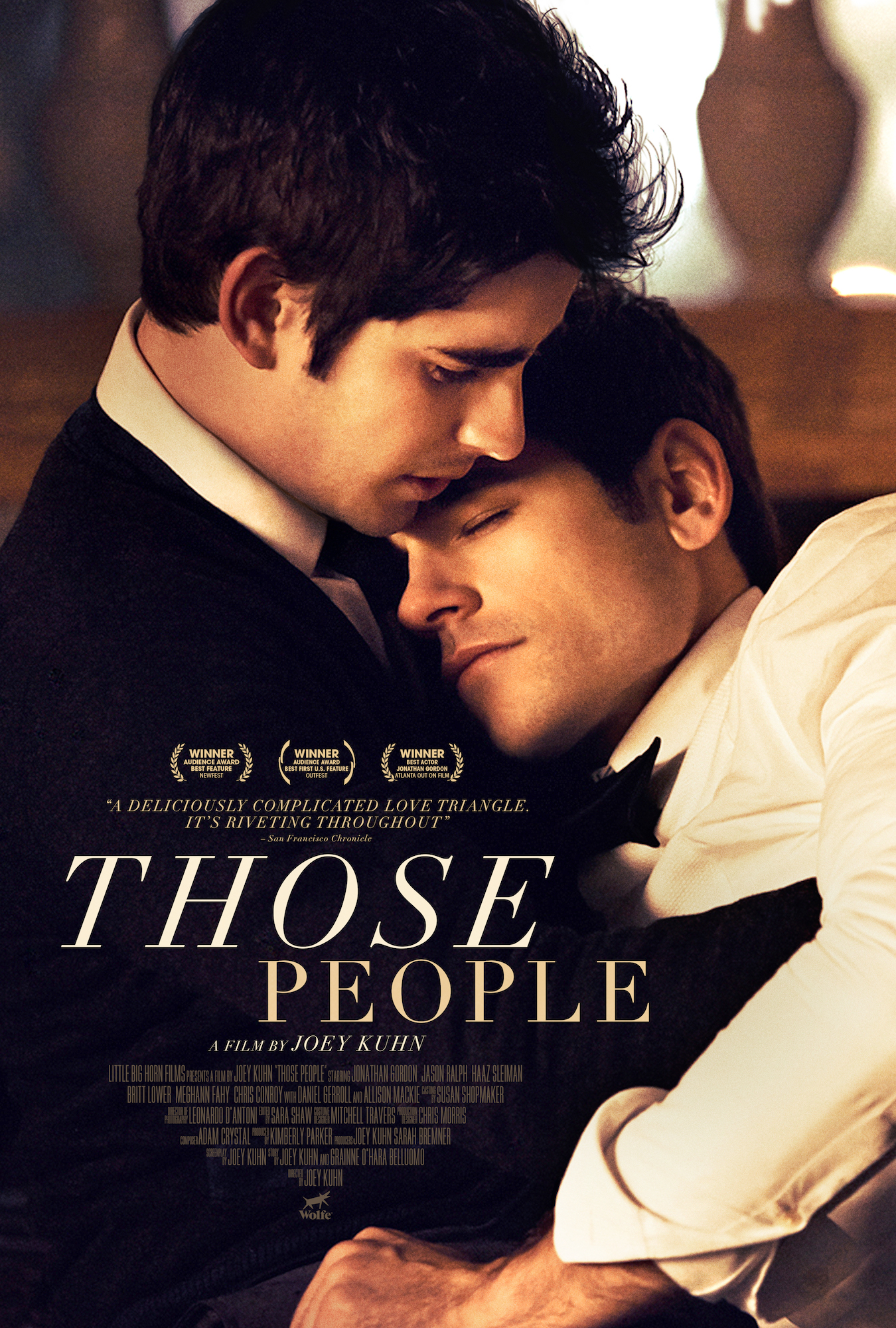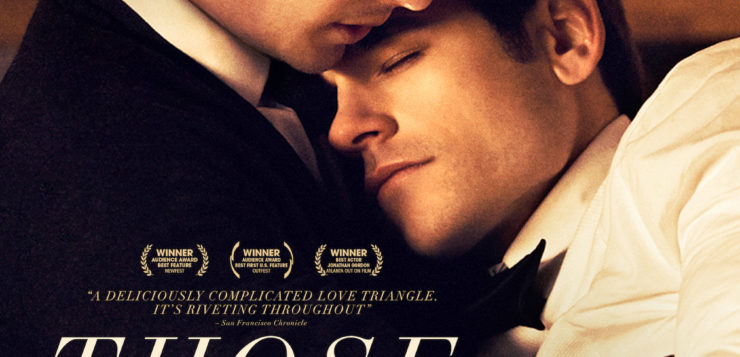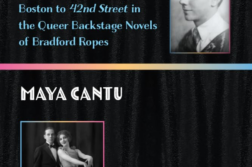 Those People
Those People
Directed by Joey Kuhn
Little Big Horn Films
INDIE FILMS work as a rule because they probe a single theme: a slice of one person’s life; a snapshot of a relationship. They can’t get too complicated—budgetary restrictions see to that— but they’ll explore this central idea from all possible angles. Those People is a film that breaks this mold by presenting a wide cast of characters each with his own story to tell, and a permutation of relationships all of which are explored. This breathtaking feature by Joey Kuhn is a remarkably ambitious drama that delves into themes of class, obsession, coming of age, and the varieties of love. One has to be impressed by the sheer production values of this film on an indie’s presumably limited budget.
While told from the point of view of Charlie, the most memorable character is his friend Sebastian, a brilliant socialite who has fallen from grace and attracts a media frenzy whenever he leaves his Upper East Side flat. To be precise, it’s his father who’s disgraced, having fleeced investors out of billions and landed in the state penitentiary. In fact, Sebastian appears to be a Catholic version of Bernie Madoff’s younger son, racked by guilt over his own complicity, however passive, in his father’s crimes and obsessed by whether he’s a “good person.”
Long before we learn all that, however, we’re introduced to Charlie and Sebastian engaging in what seems to be a favorite pastime going back to when they were childhood pals: competitively singing some of the more tongue-twisting passages from Gilbert and Sullivan operettas, which they play on vinyl LPs. They hang out in Sebastian’s spacious apartment, done in high bohemian style, and receive a coterie of friends and hangers-on with whom they play variations on Truth or Dare, with Sebastian presiding as the judge, meting out rewards or punishments to his friends. One thinks of the hermetic, theatrical band surrounding Shakespeare’s Falstaff or his cinematic heir in My Own Private Idaho; or perhaps the self-contained bubble of Cocteau’s Les Enfants Terribles.

Such is the world that Sebastian has built and would inhabit forever if fate allowed. But Charlie, an aspiring portrait painter, is growing up, and he seems poised to spread his wings and leave the cocoon. What holds him back? Charlie is officially in love with Sebastian—an unspoken truth that has remained constant since they were schoolboys—and both young men are deathly afraid of rocking the boat. It’s not that they’re boyfriends in any conventional sense; Charlie’s love is of the worshipful kind, which places Sebastian in a lofty but precarious position, that of a dependent god who can be toppled when people stop believing in him.
Things get complicated when the two friends go to a gay club and the piano player comes on to Charlie with enough force to pierce the latter’s defenses. Tim is a bit older and certainly more experienced than Charlie, for whom Tim represents an undiscovered world of sex and adventure, not to mention artistic accomplishment. For it turns out Tim is a concert pianist who’s headed to San Francisco and wants to take Charlie along for the ride. So now there are two men in Charlie’s life, and something will have to give. How the conflict plays out for Charlie is a study in psychological tugs of war: between loyalty and opportunity, adolescence and adulthood, fantasy and reality. But there are also two other men whose feelings and aspirations are in play: Sebastian, whose world is about to be rocked by yet another betrayal; and Tim, a decent but passionate guy who’s nobody’s sweetheart when it comes to divided love or loyalty.
The names of the two central characters, Charlie and Sebastian, may be assumed to refer to the two characters at the center of Evelyn Waugh’s Brideshead Revisited: Lord Sebastian Flyte and Charles Ryder, who also carried on an ambiguously gay friendship for many years. As in Waugh, it is Sebastian in Those People who’s the wealthy heir, only this time his family has lost all respectability. We learn that Sebastian’s brother has recently committed suicide, yet another parallel with the Madoff clan. And we learn that, unlike the Madoffs, Sebastian’s family is devoutly Catholic, which returns us to Brideshead, where Catholicism played such a big role in the Flyte family’s angst.
There are so many ways that this film could have gotten out of hand, what with its large cast, its multi-stranded storyline, its many settings and scenes, but director Kuhn manages to keep things well under control, keeping track of each character as the whirl of events unspools. He has assembled an excellent cast of actors to play these complex parts, and he’s given them plenty to do to reveal who they are and who they’re becoming as they cope with life’s unexpected jolts.






